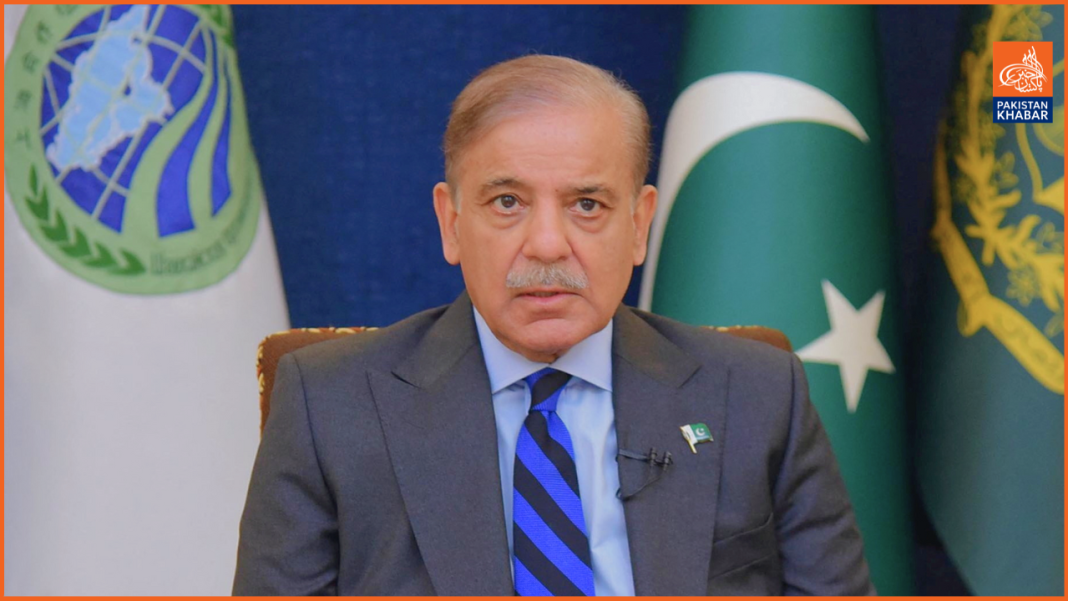Prime Minister Shehbaz Sharif announced on Tuesday that the United Arab Emirates (UAE) has agreed to extend the $2 billion payment due from Pakistan this month.
External financing has been a critical condition for the International Monetary Fund (IMF) to approve Pakistan’s $7 billion bailout package. Last year, countries such as China, UAE, and Saudi Arabia played a key role in helping Pakistan secure the IMF deal by providing timely financing assurances, which were essential for the IMF’s fund disbursement.
During a discussion with cabinet members, the prime minister revealed that he met with UAE President Sheikh Mohammed bin Zayed Al Nahyan on a personal visit to Pakistan on Sunday. In their one-on-one meeting, the president confirmed that the UAE would extend the $2 billion repayment.
The prime minister also requested the UAE to invest in key projects, to which President Nahyan expressed the UAE’s commitment, emphasizing the strong ties between the two countries.
IMF Involvement for Electricity Price Reduction
PM Shehbaz further stated that the government would need to approach the IMF for approval to reduce electricity prices. As part of the $7 billion Extended Fund Facility (EFF) signed last year, the IMF has required Pakistan to impose a levy on gas supply to industrial captive power plants to equalize the costs between grid power and in-house electricity generation.
This is one of the major benchmarks for the disbursement of the second $1 billion tranche of the IMF loan, due in March 2025, with the first biannual review taking place in February. The government is finalizing options for electricity price reductions, acknowledging that without this, industry, exports, and commerce will struggle to succeed.
Efforts to Cut Federal Government Expenditure
Finance Minister Muhammad Aurangzeb also addressed the government’s efforts to reduce federal expenditure. He explained that the prime minister had created a committee to explore ways to reduce spending, with a focus on strategic reserves and whether certain tasks should be managed by the government or outsourced to the private sector.
Aurangzeb mentioned that the federal government’s expenses are around Rs 900 billion, and efforts are underway to reduce this figure. Additionally, the government is taking a phased approach to rightsize 43 ministries, starting with five to six ministries at a time.




